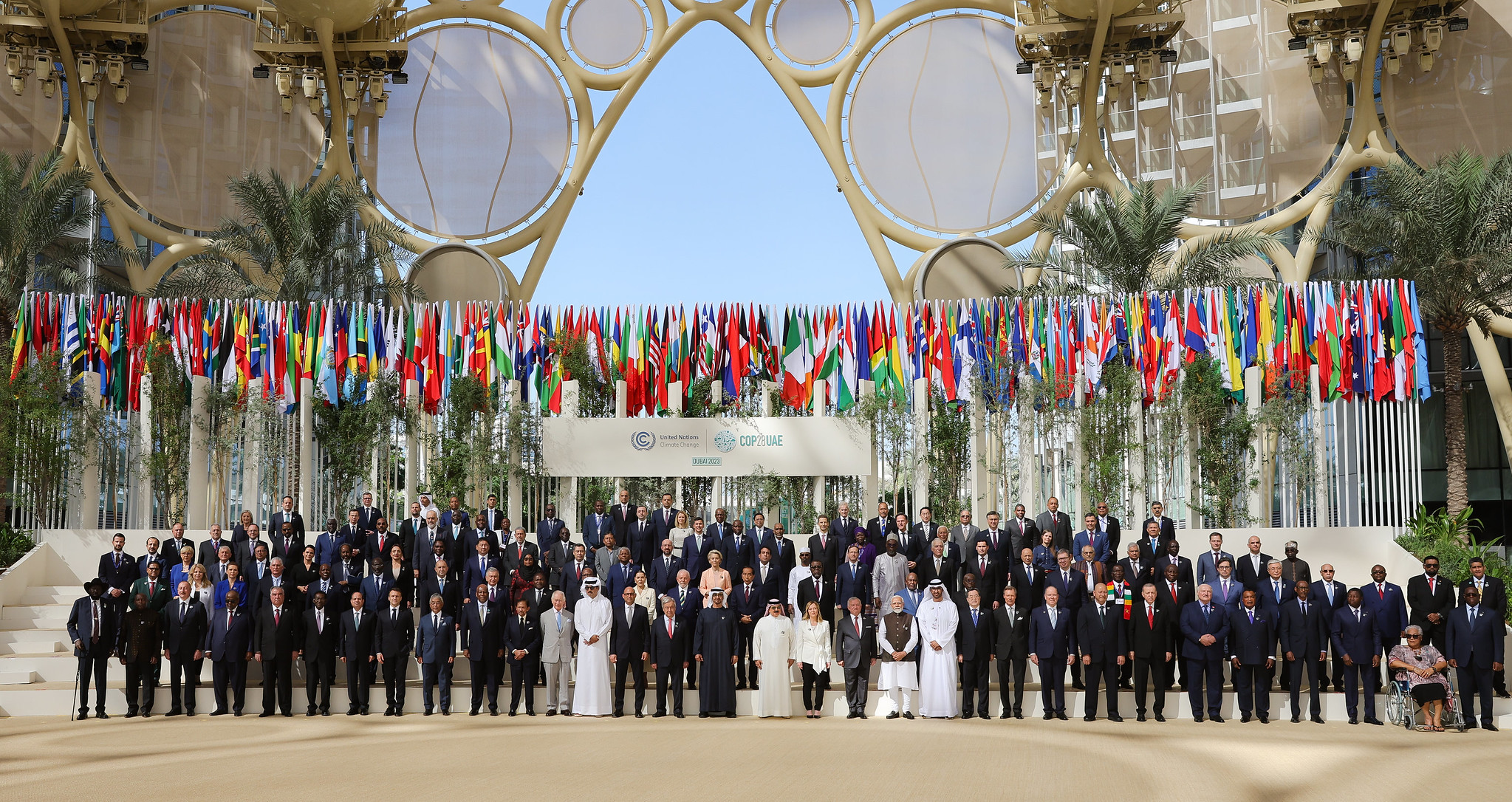Nigeria, with roughly half the population of the United States, can only generate about one percent as much electricity. We recently blogged that Nigeria was already the world’s most under-powered country in the world relative to its income—nearly 80 percent below global trends.
As bad as this is, it gets far worse. Sometime around 2045, Nigeria’s population will pass the United States in size. That’s tens of millions of new Nigerian consumers and job-seekers—who will fuel even more demand for energy. As large as the power gap is today, what will Nigeria’s electricity generation capacity look like in 30 years?
The graph below compares the United States’ and Nigeria’s historical and projected populations and electricity generation capacity. The US Department of Energy’s Energy Information Administration (EIA) projects that the United States will have around 1,300 GW of power capacity by 2050. Officially, Nigeria has 12.5 GW of installed capacity today. (In practice, the country is really closer to 4 GW of functional capacity.) The Sustainable Energy for All Action Agenda, developed in partnership with the Nigerian government, targets total electricity capacity of 23.5 GW by 2020 and 45 GW by 2030. Yet one estimate puts peak national power demand as high as 213 GW by 2040. In other words, the gap is already a chasm, and looks to get even bigger.
If these predictions are anywhere near accurate, then the implications are colossal. Economic growth and job creation won’t possibly keep up. Electricity is already among the top constraints to firm growth in Nigeria, as pointed out by our colleagues Vijaya Ramachandran and Alan Gelb and in a new paper from UC Berkeley.
This dystopian jobless scenario also creates repercussions for American national security. As I (Todd) argued in recent testimony to the Senate Foreign Relations Committee, Nigeria is an unavoidable partner in our fight against transnational threats like terrorism, disease, and criminal networks. The specter of a Nigeria that cannot come close to meeting its growing population’s demands for jobs and modern lifestyles—all underpinned by high volumes of energy—should be alarming.
Stay tuned for a forthcoming CGD policy paper on electrification in Nigeria by our partners at the Centre for the Study of Economies in Africa, based in Abuja.
CGD blog posts reflect the views of the authors, drawing on prior research and experience in their areas of expertise.
CGD is a nonpartisan, independent organization and does not take institutional positions.





